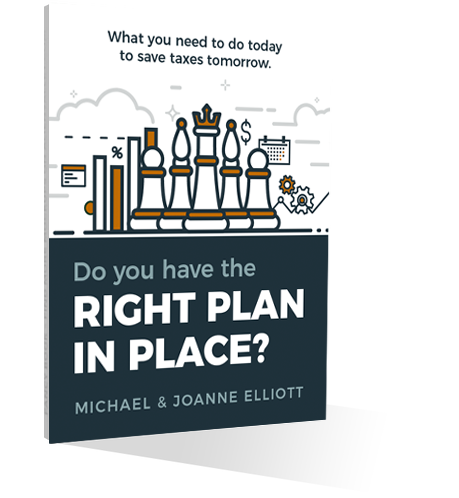Cook County Assessor Fritz Kaegi was elected in 2018 with a mandate to reform the Cook County Assessor’s office. He implemented several big measures, including a 2021 computer system upgrade that stalled operations in his office as well as new and controversial valuation methods that have caused commercial assessments to increase significantly more than residential assessments.
Crain’s Chicago Business recently interviewed Cook County Board of Review Commissioner Larry Rogers to learn his thoughts on these issues. He said:
“This has been the worst assessment cycle I’ve seen of any assessor that I have served with as an elected official in my almost two decades. The implementation and execution have been horrid.”
A problematic computer upgrade
In 2021, the Assessor replaced a decades-old mainframe computer that integrated with other government agencies (the Board of Review, the Cook County Clerk and the Treasurer) who work together to issue real estate tax bills. While the system was old, it worked and was reliable.
The new system has been fraught with problems. 2021 Chicago property assessments were released late. Data errors were common, and assessments had to be corrected and re-published multiple times. Important data appears to be missing from the Assessor’s public-facing records. And, the Assessor’s office has been unable to publish results of tax appeals filed to their office on a timely basis.
All of this has caused substantial delays in the completion of the Assessor’s 2021 appeal work.
And, since the Assessor is the first step in the process, downstream governmental agencies (the Board of Review, the County Clerk and the Treasurer) are unable to complete their work on a timely basis. This will cause substantial delays in mailing 2021 second installment tax bills.
Major delays
Normally, the Assessor completes his work (publishing assessments and correcting them following tax appeals) by December of each year. As of March 2022, the Assessor has only completed 25% of its work and, according to Rogers, “I don’t know when we are going to get the remainder.”
How will this affect property owners?
• Tax appeal decisions are late. Decisions on tax appeals filed to the Assessor for most Chicago properties are months late and we have no idea when they will be issued.
• Tax bills will be mailed late. According to Rogers, “There is a very real possibility that tax bills may not be mailed until November, December or even January 2023,” causing them to be mailed back-to-back with 2022 first installment tax bills. That’s likely to cause confusion and pain for property owners.
• Many taxing bodies will need to obtain tax anticipation loans and incur interest costs to meet their cash flow needs.
• These delays will burden other taxing agencies, which will need to work overtime to get the tax bills done and out in a condensed time frame.
What about Board of Review tax appeals?
Many taxpayers (especially commercial taxpayers) file tax appeals to the Board of Review seeking assessment reductions. It has been widely publicized that the Board has been reducing assessments substantially.
The Assessor, on the other hand, has steadfastly claimed his assessments are accurate and the Board of Review has wrongly reduced them so much and so often.
What does Rogers have to say about this?
“It is our job to look at evidence of value and see whether there is evidence to support our reductions or to support the Assessor’s number… [Kaegi] has disregarded well-established practices within the property tax field on valuation of property just because he disagrees with them.”
We expect that the Board will take its time to give taxpayers thoughtful consideration in tax appeals, despite the current assessment delays.
The final word
“The Assessor should have run the new system in parallel with the old system to vet and test the new system. Totally avoidable, if you ask me.” – Larry Rogers, Crain’s podcast.
If you are a Crain’s subscriber and want to listen to the Crain’s podcast, click here.


